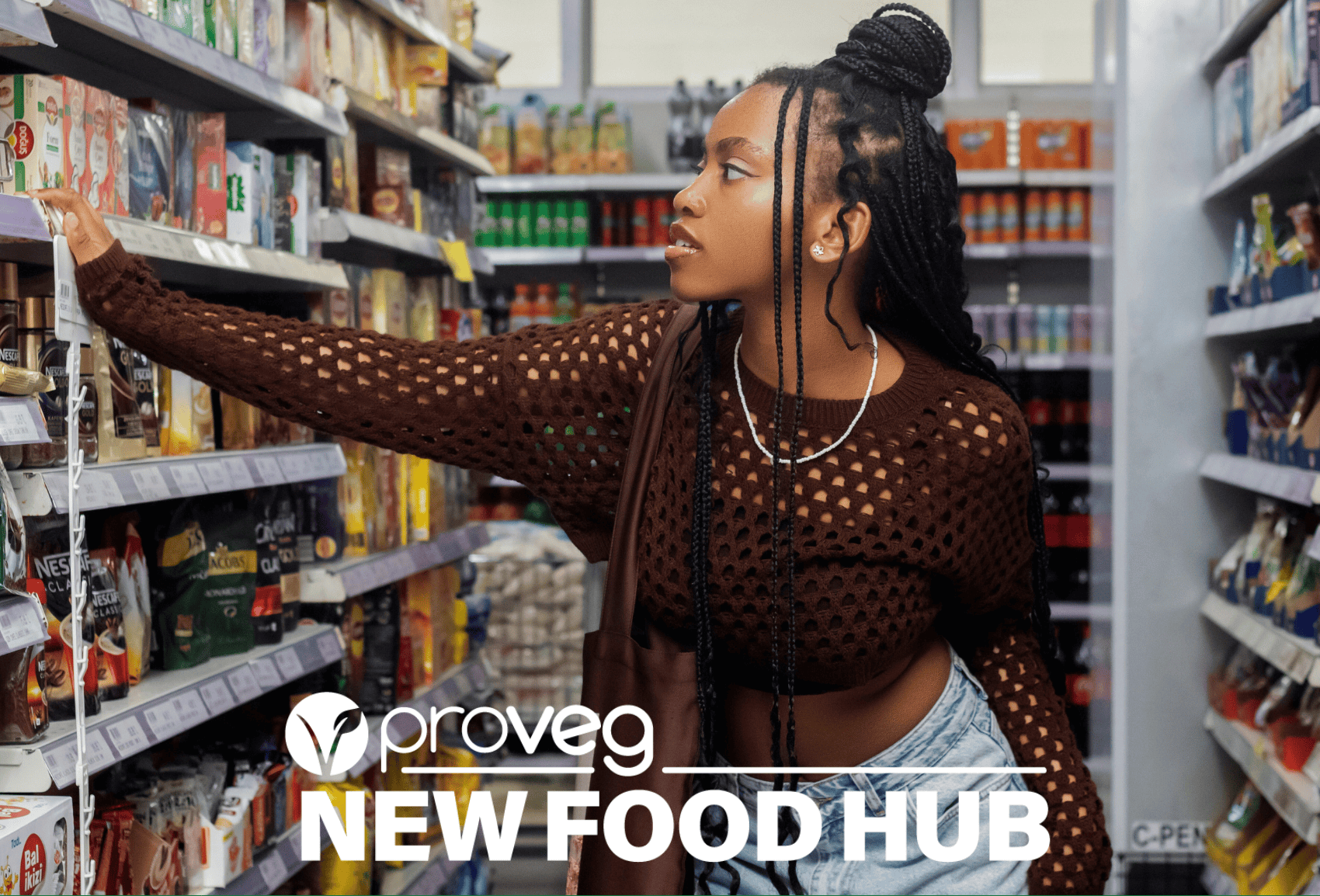Why Diversification is the Key to Resilient Agriculture
As Europe’s farmers face multiple threats – climate change, financial pressures, changing consumer demands, and shifting policy – many are wondering: what does a viable, sustainable path forward look like? In the latest episode of the New Food Hub Podcast by ProVeg International, host Gemma Tadman dives into that question with Simon Kraemer, a regenerative agriculture expert working with farmers across Europe through the European Alliance for Regenerative Agriculture. Their conversation explores the complex landscape of diversification – what it means in practice, how it’s being implemented, and why it’s critical for the future of farming. Despite the challenging agricultural landscape, Simon explains that farmers are motivated and excited by the concept of ‘sustainability’ and with this, diversifying to growing plant proteins or adopting regenerative …




















